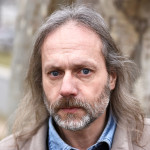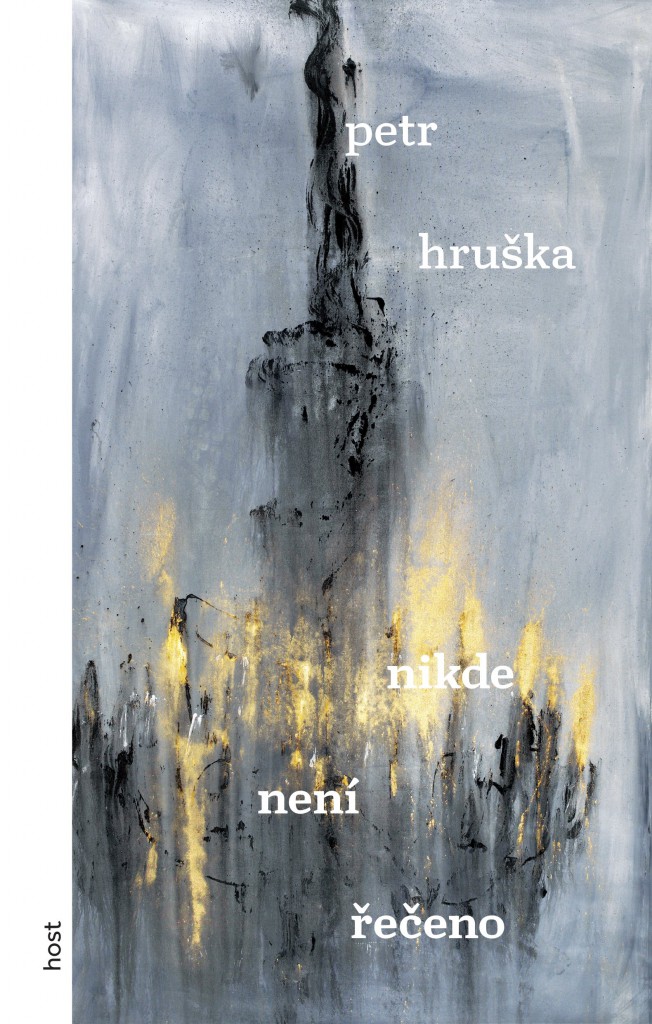A collection of poetry where existential images of people today mingle with messages from ancient times.
Poetry
This unsettled, fragmentary collection divided into five sections is an image of the restless, incomplete and disconnected nature of a confused and lost world. The central section is the eponymous seven-part poem filled with scraps of speech, announcements and appeals. The composition of the collection is based on the recurring motif of moving, putting down and lifting objects, as well as on the motifs of everyday endeavours – the painful and laborious effort to force oneself on a little further – which are so characteristic of Hruška’s poetic. Surprisingly, however, there is a new motif in Hruška’s latest collection: an allusion to obscure fragments of ancient clay tablets in an integrated series of nine poems entitled “Hliněná tabulka” (The Clay Tablet). The missing passages in them are destroyed, broken, illegible, fragmentary, unfinished, damaged… It’s just as well that filling in the gaps in stories is second nature to humans and that incompleteness has its appeal.

Petr Hruška (1964) is a poet and literary historian who lives in Ostrava. His poetry has won a number of state and international awards, including the Czech State Award for Literature in recognition of his collection Darmata (To No Travail, 2012), and the Magnesia Litera, the most prestigious annual literary award in the Czech Republic, for his newest collection, Spatřil jsem svou tvář (I Caught Sight of My Face, 2022), an extended meditation on Magellan’s voyage around the world. He writes screenplays, publishes a literary magazine, co-organizes literary events and festivals, and participates in civic initiatives for environmental causes and the preservation of cultural monuments in his region. Hruška also writes short stories, columns, and essays, many of which are collected in V závalu (Cave-In, 2020). He works at the Czech Academy of Sciences in Prague, specializing in poetry from the twentieth century to the present, and is the author of scholarly articles and books on Czech poetry. Collections of Hruška’s poetry have been published in French, German, Polish, Italian, Hungarian, Romanian, and Croatian translation.
